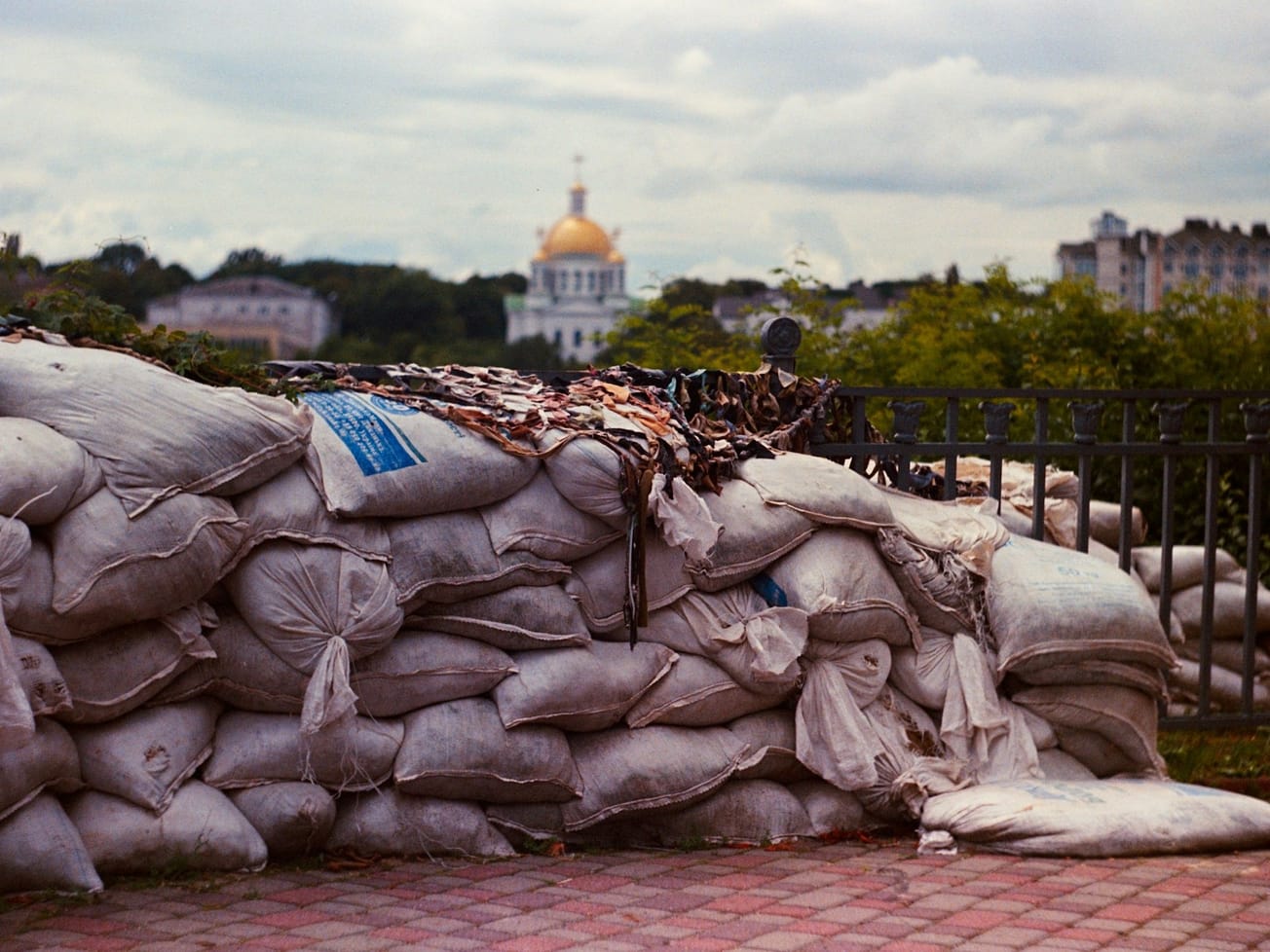Russia's war in Ukraine has unleashed at least 700 attacks on the nation's health care facilities and workers since the full-scale invasion began on Feb. 24, according to the World Health Organization.
"WHO has verified more than 700 attacks on health care, impacting facilities, supplies, transport, and other means, injuring and killing health care workers and patients," WHO's Ukraine representative, Dr. Jarno Habicht, told reporters in Geneva on Tuesday.








